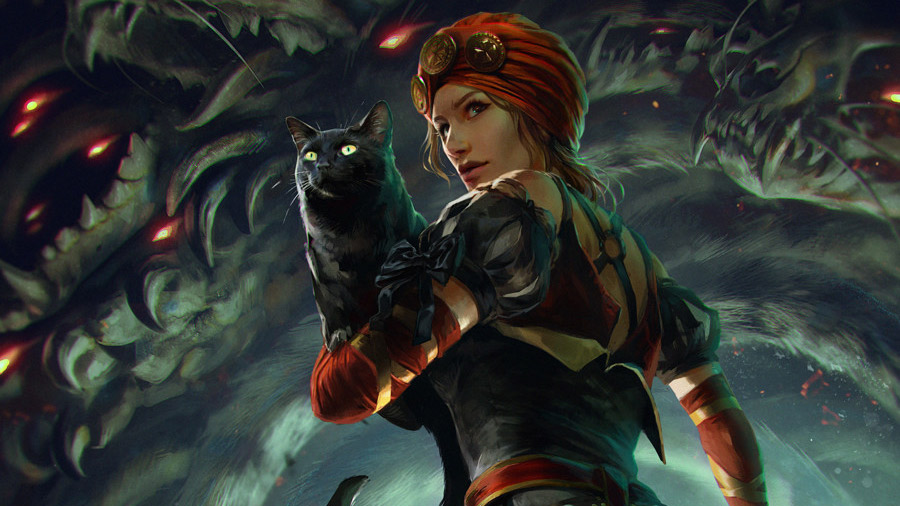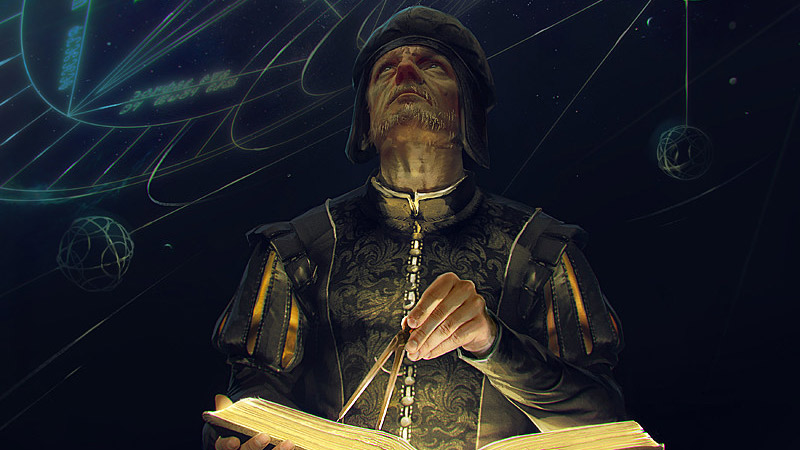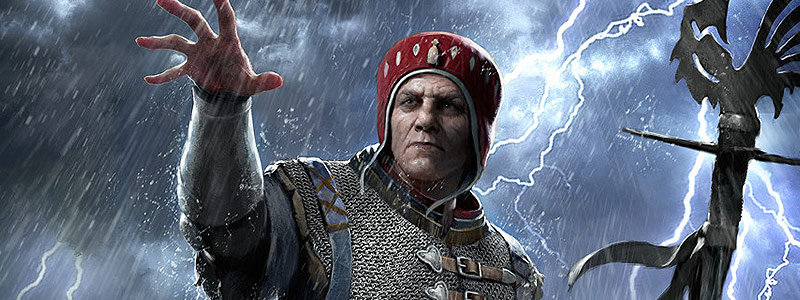Header Image Credit: Lius Lasahido, CD Projekt Red
In the world of The Witcher, there are those that are more attune to the powers of life around them. Most are called mages- sorcerers and sorceresses, but there are others that obtain their powers through other means. In this article, we go through what makes each class different and how society perceives them.
Origins of Magic
The world in which The Witcher takes place is actually not the only world there is. In fact, if you have heard the concept of multiple universes, then you get the idea. In this world, this concept is called The Conjunction of Spheres. This is something we will get into in another article, but for now, the most important thing to understand is that magic itself is not native to this particular universe.
Magic itself is a chaotic force of energy, and those that are naturally inclined have any hope of harnessing it. Within The Continent, the universe in which the story takes place, there are pockets of magical energies that can be untapped by those who are capable of finding them.
“Enchanters...draw their power from the forces of nature, or to put it more accurately, from the so-called Four Elements or Principles, commonly called the natural forces. Air, Water, Fire and Earth. Each of these elements has its own Dimension which is called a Plane in the jargon used by enchanters. There’s a Water Plane, Fire Plane and so on” - The Last Wish, Andrzej Sapkowski

Credit: Anna Podedworna, CD Projekt Red
Sorcerers and Sorceresses
Mages are individuals that have gone to schools for formal training, such as Aretuza (a prestigious all-girls school for magic).
Sorcerers and sorceresses have immense amount of power at their disposal. While mages are more attune to a single element, such as earth; fire; water; and wind, they are capable of learning to harness elements that they are weaker at.
Other powers of mages? It’s enough to make any regular person envious! Their general powers include:
- Ability to travel via portals/teleportation
- Age is a misnomer when it comes to mages. Sorcerers intentionally age their image to reflect a wizened being, whereas sorceresses obtain the image of youth and beauty. Most magically inclined individuals are centuries old (don’t count on them telling you their real age, just like in real life, it is very rude to ask).
- Athorough education, including science and politics. In a world full of uneducated people, knowledge is certainly power inThe Witcher.
While this may be a dream-come-true for most people, the drawbacks equal the gains. Just like Witchers, mages are incapable of procreating. The price for tapping into the life force of the universe is that one is unable to create life itself. This is a huge hinderance to some sorceresses who desire to be mothers.
Mages and Society
In general, magic wielders are a highly polarizing group. People either abhor them for their impressive powers, find them a necessary evil, or welcome them with open arms. There are certainly reasons to distrust a mage, especially ones that have a finger on the pulse of politics.
The general population of magic users have to interest in politics, and live normal lives among society- healing illnesses, divining the future, or buried deep in academic studies. Like the concept of ‘Separation of Church and State,” the mages conformed to the stance of neutrality:
“Instead, they often played a role as mediators. Ages ago, Raffard the White, to name one of many examples, famously arranged a peace between kings during the Six Years' War. Adhering to the principle of separation between mages and rulers, he even refused the crown offered to him at the time. True, he later did agree to become a royal advisor—rumor has it the king in question was such a complete idiot that even Raffard admitted he could not be left to rule on his own—but his interventions in politics always remained rather delicate.” - The World of The Witcher, Marcyn Batylda
However, the lines of neutrality can and have easily been muddled. There are mages who have unbelievable sway, depending on how convincing they are, and how malleable a ruler can be. Therefore, being the enemy of a politically-invested sorcerer or sorceress is often a deadly position to be.

Credit: Anna Podedworna, CD Projekt Red
How much the first season of The Witcher will reveal about sorcery and politics is unknown. There is much more we could delve in, but these are the basics that help new viewers understand the dynamics of mage characters.
That’s it for this entry, but we’d love your feedback! Did this help? What do you want to learn more of? Let us know in the comments below or in our forums!


